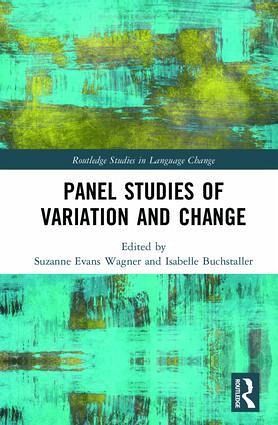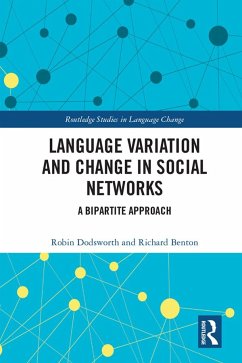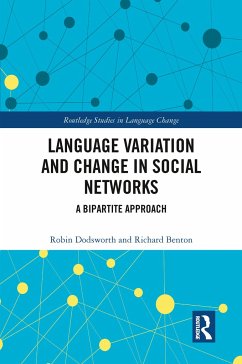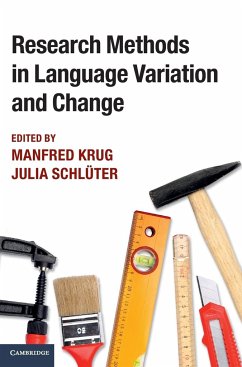
Panel Studies of Variation and Change
Versandkostenfrei!
Versandfertig in 1-2 Wochen
185,99 €
inkl. MwSt.
Weitere Ausgaben:

PAYBACK Punkte
93 °P sammeln!
This edited volume brings together the major researchers in the field of panel research, highlighting connections and convergences across and between chapters, methods and findings with the aim of initiating a dialogue about best practices and ways forward in sociolinguistic panel studies.













